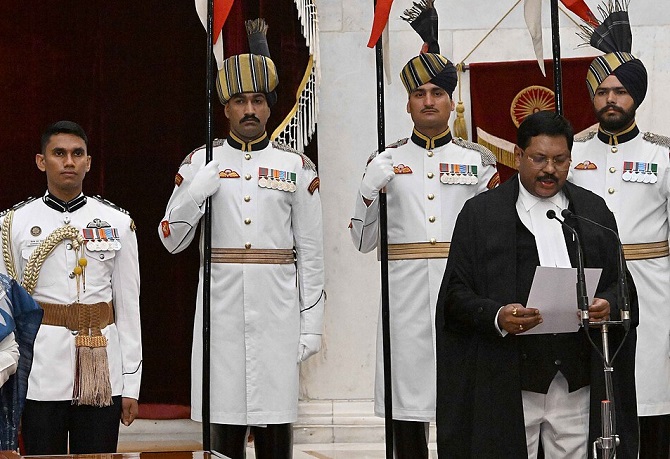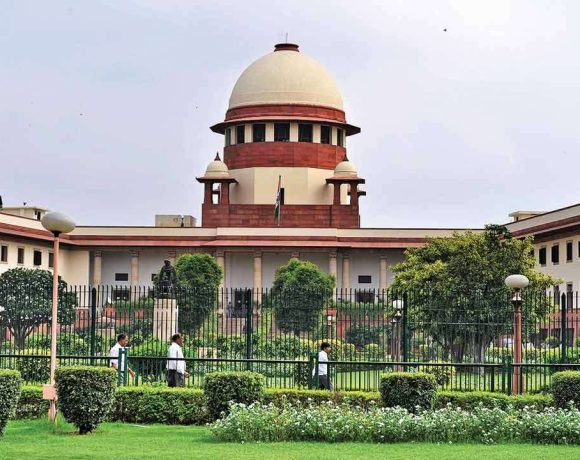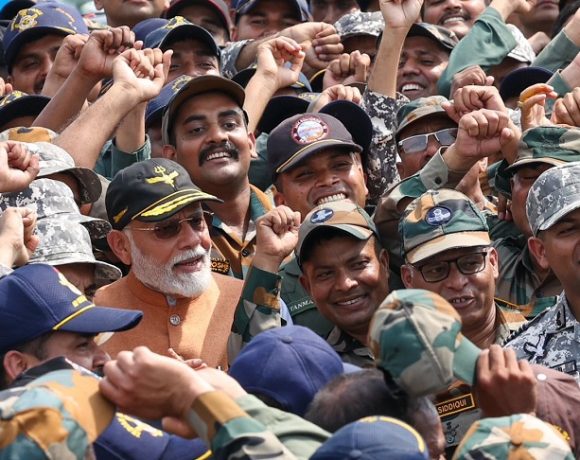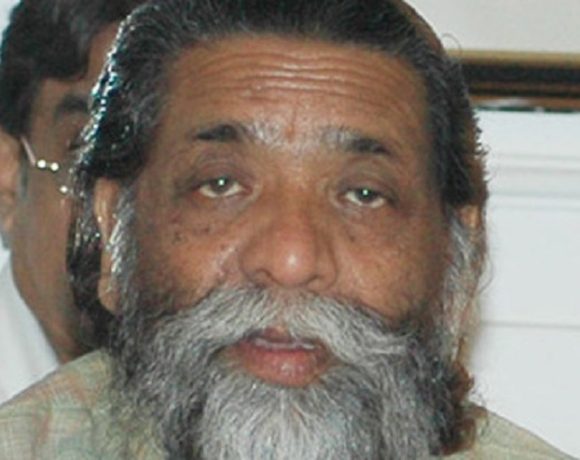
CJI Gavai Affirms Constitution’s Supremacy Over Parliament
Chief Justice of India B. R. Gavai has reaffirmed the supremacy of the Constitution of India during a public address in his hometown of Amravati, asserting that it stands above all democratic institutions—including Parliament, the executive, and the judiciary. He stressed that while Parliament may enact amendments, it lacks the authority to alter the fundamental basic structure of the Constitution.
Constitutional Supremacy
Speaking at a felicitation event, CJI Gavai reflected on ongoing debates concerning the balance of power among the three pillars of democracy, famously stating: “While many say and believe that Parliament is supreme, according to me, it is the Constitution of India that is supreme. All three wings of the democracy work under the Constitution.” The judiciary’s role, he added, is that of a custodian of citizens’ rights—not merely opposing the government but upholding constitutional values. He underscored that judges should render decisions guided solely by the Constitution, law, and their conscience, rather than public opinion or political influence.
Gavai highlighted that the Constitution’s basic structure—a set of inviolable principles, including judicial independence and the rule of law—cannot be abridged through constitutional amendments. This principle was established in the landmark Kesavananda Bharati verdict of 1973.
Judicial Independence & Duty
Chief Justice Gavai emphasised that judicial independence goes beyond delivering judgments against the government; it requires unwavering commitment to duty and fairness. He cautioned judges against being swayed by public or political reactions to their rulings, reinforcing that their ultimate loyalty must lie with constitutional tenets.
He also cited his own ruling against “bulldozer justice”, affirming the right to shelter as fundamental, and invoked his recent contributions toward securing judicial access and legal support in conflict areas.
Upholding Democratic Harmony
CJI Gavai’s address sends a firm message at a moment when the boundaries between Parliament, executive, and judiciary are increasingly questioned. His appeal is for harmonious co‑existence under constitutional norms, anchoring democracy of India in its founding legal document.


















